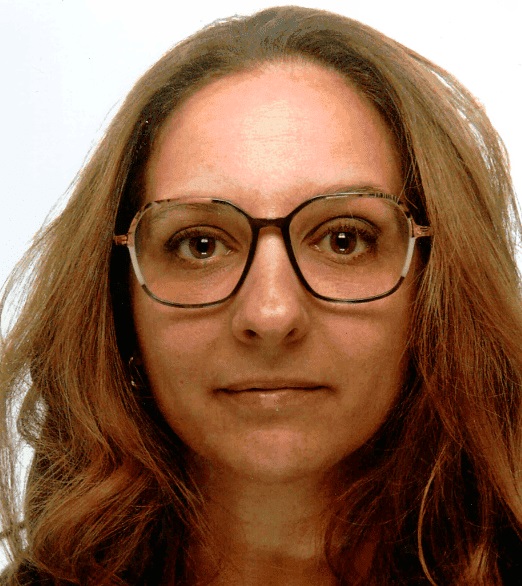ICED 2018 - International consortium for educational development Conference - Institutional Change: Voices, Identities, Power and Outcomes
Date : du 05-06-2018 au 08-06-2018
Lieu : Atlanta, Georgia
Organisation : International consortium for educational development (ICED)
Programme :
The POD Network and Kennesaw State University are pleased to host the 2018 biennial conference of the International Consortium for Educational Development.
Institutional Change
Academic development seeks to engineer a systemic shift from a teaching- and content-centered paradigm to a learning-focused one in higher education. What does this shift look like globally? How do we harness rapidly changing environments and technologies to proactively respond to new generations of students and accountability movements? How do we cultivate excellence in our role as change agents? How do we envision new possibilities and bring in new voices?
Voices
How are we helping academics and students find their voices? How do we support those who feel voiceless in the system? Whose stories are we telling? How do we help people live out their identities in academia?
Identities
How do we nurture our multiple identities? How do our disciplinary and transdisciplinary identities inform our work? How do our social identities (e.g., gender, race, sexuality) impact our efficacy? How do we leverage our identity as intermediaries between the professoriate and the administration to be a source of power rather than of marginalization?
Power
Where does academic development get its power? Its positioning inside higher education and its relationship with government vary around the world, so we can all benefit from sharing models. And what about more fluid ways of growing power? How do we leverage content expertise, strategic knowledge, relational skills, and empathy to reach tangible and intangible outcomes?
Outcomes
We have traditionally aimed for an elusive holy grail, student learning. But our profession has broadened its scope. What other parallel outcomes have we been able to achieve? In a time when centers can be shuttered, what data is effective in documenting, disseminating, and celebrating our outcomes? What innovative, textual and non-textual ways of documenting our impact have we devised?
---
Keynotes
Dr. Huang Hoon Chng is Associate Provost and Director of the Centre for Development of Teaching and Learning at National University of Singapore. She is also a co-editor of the International Journal for Academic Development.
Dr. Joy Mighty is Associate Vice-President for Teaching and Learning at Carleton University in Canada and a former President of the Society for Teaching and Learning in Higher Education (STLHE).
Dr. Torgny Roxå is Senior Lecturer and Academic Developer In the Center for Engineering Education at Lund University in Sweden, and a former Vice President of the International Society for the Scholarship of Teaching and Learning (ISSOTL).
Dr. Mary Deane Sorcinelli is Co-Principal Investigator of the Undergraduate STEM Education Initiative at the Association of American Universities, and Senior Fellow at the Institute for Teaching Excellence and Faculty Development, University of Massachusetts Amherst. She is a former president of the Professional and Organizational Development (POD) Network in Higher Education.
Dr. Peter Felten is Assistant Provost for Teaching and Learning, Executive Director of the Center for Engaged Learning, and Professor of History at Elon University. He is a co-editor of the International Journal for Academic Development, the current President of the International Society for the Scholarship of Teaching and Learning (ISSOTL), and a former President of the Professional and Organizational Development (POD) Network in Higher Education.
URL : https://www.iced2018.com/.../
• résumés : https://www.iced2018.com/.../2018-06-04
Les résumés sont consultables en ligne en naviguant dans le programme ou bien dans le document téléchargeable présentant le programme détaillé (pdf, 79 pages).
mot(s) clé(s) : enseignement supérieur, métiers de l'enseignement supérieur et de la recherche














